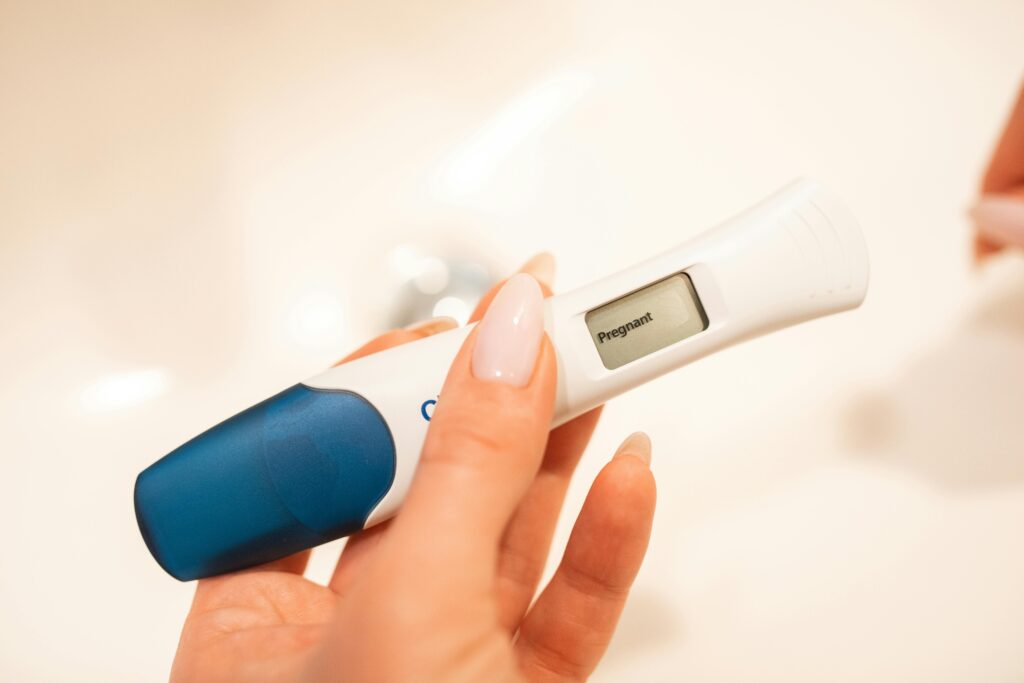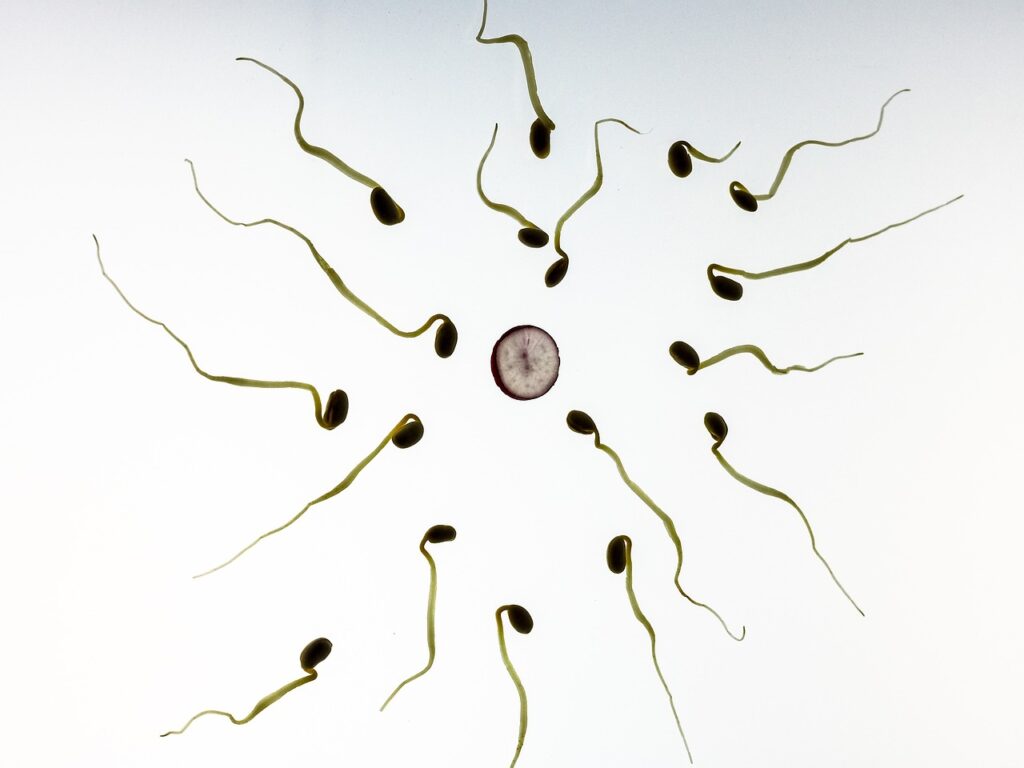Introduction: Understanding Early Signs of Pregnancy
When you’re hoping to start or grow your family, the wait for confirmation can feel endless. Every cramp, every wave of fatigue, or even a craving can make you wonder: Am I pregnant? Recognizing the early signs of pregnancy can provide reassurance and help you prepare for the changes ahead.
Although every woman’s experience is unique, many signs of pregnancy appear within the first few weeks after conception. These symptoms are your body’s way of signaling that something extraordinary is happening. Let’s explore the most common early signs and what they truly mean.

When Do Signs of Pregnancy Start?
Some women notice symptoms as early as one week after conception, while others may not feel anything until after a missed period. Research published in the Journal of Clinical Epidemiology found that:
-
59% of women experienced signs of pregnancy by weeks 5–6.
-
71% reported symptoms by the end of week 6.
-
89% noticed them by week 8.
The timeline varies, but knowing the possibilities can help you spot pregnancy signs earlier.
12 Early Signs of Pregnancy
1. Missed Period
The most common and noticeable sign of pregnancy is a missed period. If your cycle is regular and your period doesn’t arrive on time, this could be your body’s first signal. A home pregnancy test usually detects hormones at this stage.
2. Sore or Tender Breasts
Your breasts may feel swollen, tender, or unusually sensitive. Unlike premenstrual soreness, pregnancy-related tenderness tends to increase over time.
3. Darkening Areolas
Within weeks of conception, you may notice your areolas (the area around your nipples) becoming darker or larger. Small bumps called Montgomery tubercles may also appear, preparing your body for breastfeeding.
4. Fatigue
Feeling exhausted? Early pregnancy triggers increased blood production and hormonal changes, leaving you more tired than usual. Expect your energy to improve during the second trimester.
5. Heightened Sense of Smell
Sudden sensitivity to odors is a strong sign of pregnancy. Foods or scents you once enjoyed might now cause nausea, especially in the first trimester.
6. Bloating and Gas
Progesterone, a hormone vital for pregnancy, can slow digestion and cause bloating. This may feel similar to pre-period discomfort but lasts longer.
7. Mood Swings
Emotional ups and downs are common, thanks to hormonal changes. Many women compare this to PMS, though it may be more intense in early pregnancy.
8. Light Cramping
Mild cramping is normal as your uterus adjusts. However, if cramping is severe or one-sided, consult your doctor immediately.
9. Spotting (Implantation Bleeding)
About 1–2 weeks after conception, some women experience light spotting known as implantation bleeding. It is usually pink or brown and much lighter than a period.
10. Elevated Basal Body Temperature
If you track your basal body temperature (BBT), you may notice it stays elevated after ovulation. Consistently higher temperatures can be a strong early indicator.
11. Frequent Urination
Needing to use the bathroom more often is another classic sign. This is due to increased blood flow and hormonal changes affecting your kidneys and bladder.
12. Morning Sickness
Nausea—commonly known as morning sickness—can strike at any time of the day. While unpleasant, it’s often a reassuring sign that pregnancy hormones are active.

Quick Reference Table: Signs of Pregnancy
| Sign of Pregnancy | When It May Appear | Why It Happens |
|---|---|---|
| Missed period | 4+ weeks | Rising hCG levels |
| Sore breasts | 2–3 weeks | Hormonal changes |
| Dark areolas | 1–2 weeks | Increased estrogen |
| Fatigue | 1–4 weeks | More blood supply |
| Heightened smell | 2–4 weeks | Hormonal sensitivity |
| Bloating | 2–4 weeks | Progesterone levels |
| Mood swings | 2–6 weeks | Hormone fluctuations |
| Cramping | 1–3 weeks | Uterine changes |
| Spotting | 1–2 weeks | Implantation |
| High BBT | 1–2 weeks | Progesterone |
| Frequent urination | 2–6 weeks | Kidney adaptation |
| Morning sickness | 4–6 weeks | hCG hormone |
FAQs About Early Signs of Pregnancy
Q1. Can I be pregnant without any symptoms?
Yes. Some women experience no early signs at all and still have a healthy pregnancy.
Q2. How soon can I take a pregnancy test after noticing symptoms?
Most home tests are accurate after a missed period, around 10–14 days post-ovulation.
Q3. Are signs of pregnancy the same as PMS symptoms?
They can be very similar. The difference is in intensity, timing, and persistence.
Q4. When should I see a doctor?
If you suspect pregnancy, schedule your first prenatal visit around 8 weeks. Seek medical advice earlier if you have severe pain or heavy bleeding.
Final Thoughts
Recognizing the early signs of pregnancy can help you prepare physically and emotionally for the journey ahead.
From a missed period to morning sickness, each symptom is a gentle reminder that your body is nurturing new life. If you suspect you’re pregnant, confirm with a test and schedule a prenatal appointment for proper care.
